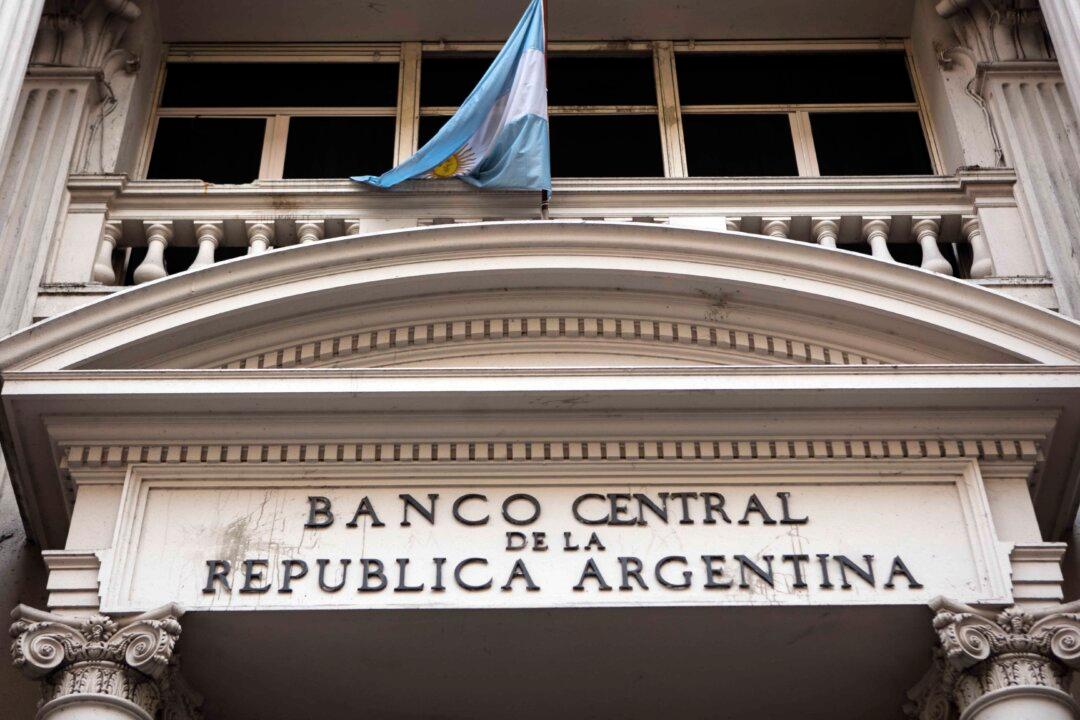Commentary
Shortly after Alberto Fernández’s presidential inauguration in December, S&P Global downgraded Argentina’s sovereign debt to “selective default.” His new finance minister says the socialist government will continue debt payments during renegotiation, but credit-rating agencies and anyone following Argentina’s tumultuous economy know better.





